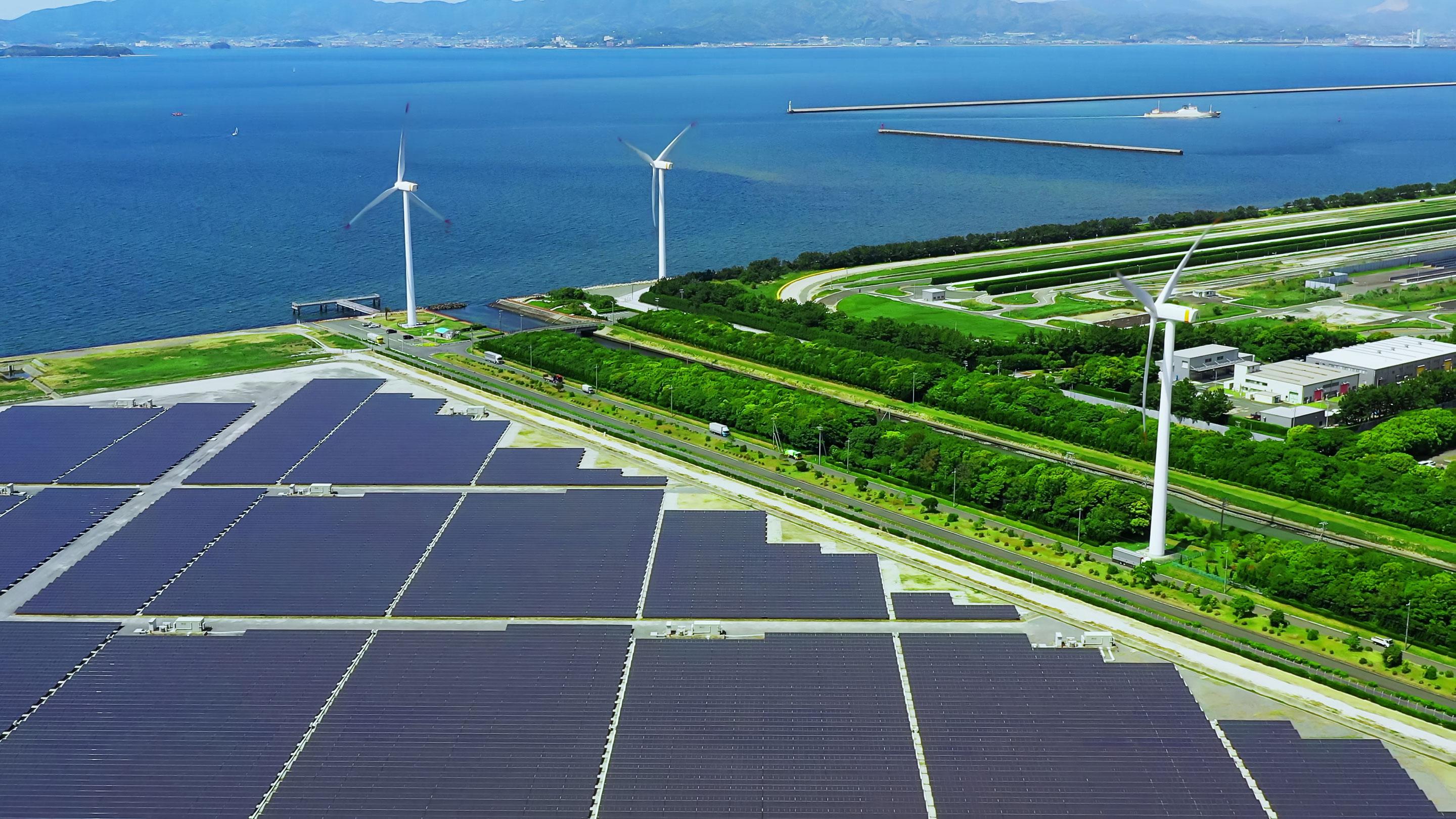As the world races to adopt cleaner energy alternatives, geopolitical and economic tensions are reshaping the global clean energy supply chain. The escalating clean energy trade war—marked by tariffs, import restrictions, and retaliatory measures—is challenging both the pace and equity of green technology adoption worldwide.
Trade Tensions and Tariffs on Clean Energy Technology
In early April 2025, the United States under former President Donald Trump signaled a fresh wave of tariffs, sparking concern across international markets. Although some measures were delayed or excluded specific Chinese products, key green technologies like solar panels and electric vehicles (EVs) remained prime targets. These tariff actions are not isolated. In 2024 alone, G20 countries introduced 16 new import tariffs on clean energy technologies, according to BloombergNEF.
The justification often rests on protecting domestic industries. For instance, the U.S. aims to defend its emerging EV and battery sectors from cheap imports, particularly from China. However, critics argue that these tariffs are a double-edged sword—shielding local manufacturers at the cost of delaying broader clean energy adoption.
The Ripple Effect on the Global Supply Chain
Tariffs on clean technologies have far-reaching consequences beyond national borders. China, the world's largest producer of solar modules and EV batteries, faces rising barriers from the U.S., Canada, and the European Union. These restrictions are disrupting the cost dynamics and availability of critical components in the renewable energy supply chain.
Southeast Asian countries, including Indonesia, are caught in the middle. On one hand, they rely heavily on Chinese imports for solar panels and batteries to meet national renewable energy targets. On the other hand, they face indirect pressures from global policy shifts, making financing and procurement more complex.
In Indonesia, for instance, the national roadmap for energy transition requires large-scale deployment of imported technologies. The ongoing clean energy trade war threatens to inflate costs and delay projects—putting at risk the country's commitment to reducing emissions and achieving net-zero goals.
Protectionism vs. Climate Urgency: Finding the Balance
The heart of the issue lies in balancing protectionist economic policies with the urgent need to address climate change. While shielding nascent domestic industries may seem like a smart economic move, it can undermine global cooperation and progress toward the Paris Agreement targets.
Protectionism slows down technological diffusion and raises the price of renewable infrastructure, especially in developing countries. For low-income nations, this may mean missing critical climate milestones due to limited access to affordable technology.
Several international organizations, including the International Energy Agency (IEA), have raised concerns about the long-term consequences of trade barriers in the clean energy sector. They urge nations to collaborate through incentives, knowledge-sharing, and fair trade frameworks instead of engaging in retaliatory actions.
Opportunities for the Global South
Despite the turbulence, the clean energy trade war also opens up strategic opportunities for developing nations. Countries like India, Vietnam, and Indonesia could reposition themselves as new manufacturing hubs for clean energy components by attracting foreign investment and offering competitive production environments.
For example, Indonesia is currently strengthening its downstream nickel industry, a key raw material for EV batteries. With proper policy support, the country could emerge as a significant player in the clean energy value chain—provided it manages to navigate the geopolitical frictions wisely.
In this context, regional alliances such as ASEAN could play a pivotal role in fostering resilience and cooperation among member countries. A coordinated regional policy on green tech production and trade could offset some of the adverse impacts of Western-Chinese trade tensions.
The Road Ahead: Cooperation or Competition?
The future of global clean energy development depends on whether major economies choose collaboration over conflict. The longer the clean energy trade war persists, the more likely it is that climate targets will become harder to reach.
In the short term, expect continued volatility—especially in pricing and availability of solar panels, wind turbines, and EV components. But in the long term, countries that can localize supply chains and build diversified partnerships will be better positioned to thrive in the evolving green economy.
Policymakers must adopt a dual approach: protect emerging industries without closing the doors to innovation and global collaboration. As climate change does not recognize borders, the solution must be globally integrated and inclusive.
Read More






 Wednesday, 04-02-26
Wednesday, 04-02-26







